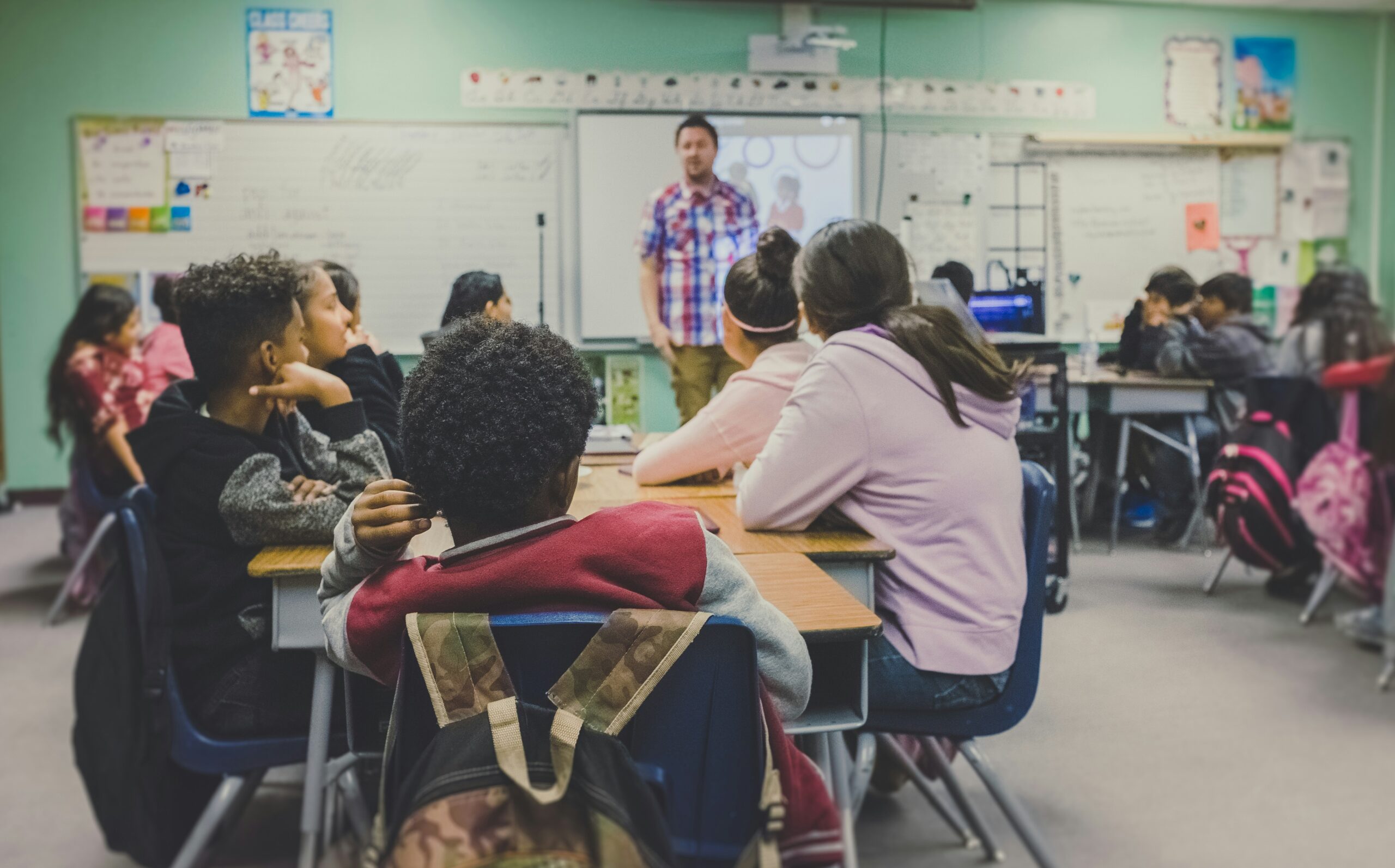

Introduction: The importance of parental involvement in education
Parental involvement in education is often touted as a key ingredient for academic success. But what does that really mean? The relationship between parents and their children’s learning journey can make all the difference. From homework sessions to school events, every interaction counts. When parents engage actively, children feel supported and motivated to achieve more.
In a world where distractions abound, it’s easy to overlook the impact of a parent’s presence in their child’s educational life. Yet, studies show that active participation leads not only to better grades but also fosters essential skills like critical thinking and problem-solving. So how can parents step into this vital role? Let’s explore the ways they can help shape their child’s educational experience for the better.
How parents can support their child’s learning at home
Creating a supportive learning environment at home begins with establishing a routine. Set aside specific times for homework and studying, making it part of daily life.
Encouragement plays a key role as well. Celebrate small achievements to boost your child’s confidence. A kind word or simple praise can make all the difference.
Incorporate educational activities into family time. Board games that challenge critical thinking or reading sessions can enhance their skills while also being fun.
Limit distractions during study hours. Designate a quiet space free from noise and interruptions where your child can focus on their tasks.
Stay involved in what they’re learning at school. Ask about subjects, projects, and assignments regularly to show you care and are interested in their education journey.
Your active participation fosters curiosity and motivation, creating an atmosphere where learning is valued every day.
The impact of parental involvement on academic performance
Parental involvement plays a crucial role in academic performance. When parents engage with their child’s education, it creates an environment that fosters learning and curiosity.
Studies show that students with involved parents tend to have higher grades and better attendance. These children often exhibit improved behavior and greater motivation in school settings.
When parents take the time to help with homework or discuss school activities, it reinforces the importance of education. This support boosts confidence and self-esteem, allowing children to tackle challenges more effectively.
Moreover, active participation helps identify areas where a child may struggle. Early intervention can lead to timely assistance, preventing long-term academic issues.
The emotional connection established through parental involvement also promotes resilience. Students learn that their efforts are valued, which translates into a positive attitude toward education as they grow older.
Balancing parental involvement with a child’s independence
Finding the right balance between being involved and allowing independence can be challenging for parents. Children need support, but they also thrive when given room to explore on their own.
Encouraging autonomy helps kids develop confidence and decision-making skills. Parents should create an environment where children feel safe to express themselves while still providing guidance.
Setting boundaries is essential. Allow your child to take responsibility for their homework or chores, but let them know you’re there if they need help. This approach fosters a sense of ownership.
It’s also important to engage in open conversations about choices and consequences. Discussing decisions together reinforces trust without stifling their ability to think independently.
Nurturing independence while remaining supportive will lead to well-rounded individuals who are prepared for life’s challenges. Balancing these two aspects creates a healthy dynamic that benefits both parent and child over time.
The role of communication between parents and teachers
Effective communication between parents and teachers is crucial for a child’s educational journey. When both parties collaborate, they create a stronger support system.
Regular check-ins can help identify any challenges the child may face in school. This proactive approach allows for timely solutions and adjustments to learning strategies.
Parents should feel empowered to share insights about their child’s strengths and weaknesses. On the flip side, teachers offer valuable perspectives on academic progress and social interactions in the classroom.
Open lines of communication foster trust. When parents are informed about curriculum changes or upcoming events, they can engage more meaningfully with their child’s education.
Embracing technology also enhances this dialogue. Tools like email updates or online portals make it easier for everyone involved to stay connected.
This partnership not only benefits the student but also builds a community that values shared goals in education.
Conclusion: The lifelong benefits of a supportive and involved parent-child relationship in education
The relationship between parents and their children plays a significant role in educational success. When parents actively engage in their child’s education, they lay the groundwork for lifelong learning habits. This involvement fosters resilience and motivates children to pursue academic excellence.
Supportive environments encourage curiosity and creativity. They also help kids navigate challenges more effectively. When parents show interest in what their children are learning, it reinforces the value of education itself.
Moreover, strong parent-child relationships build confidence. Children who feel supported are more likely to take risks academically, ask questions, and seek help when needed.
As these strong foundations are established early on, they can lead to lasting benefits throughout life. Emphasizing open communication and collaboration creates a culture where both parents and children thrive together.
When parents invest time into understanding their child’s educational journey, everyone wins—children become empowered learners while families grow closer through shared experiences around learning.
